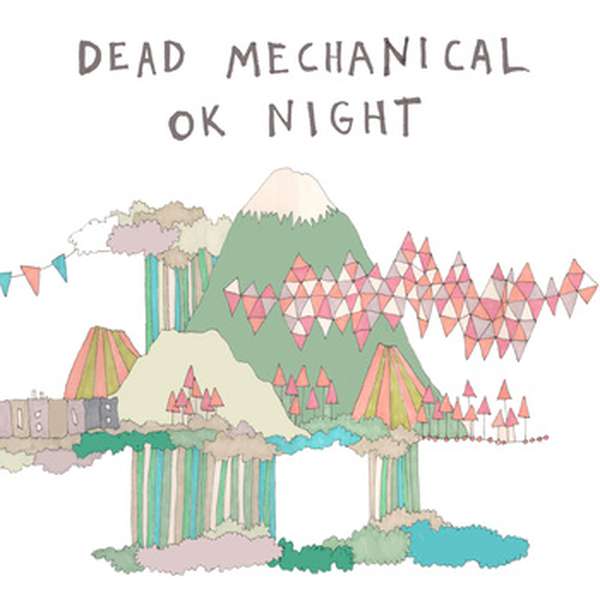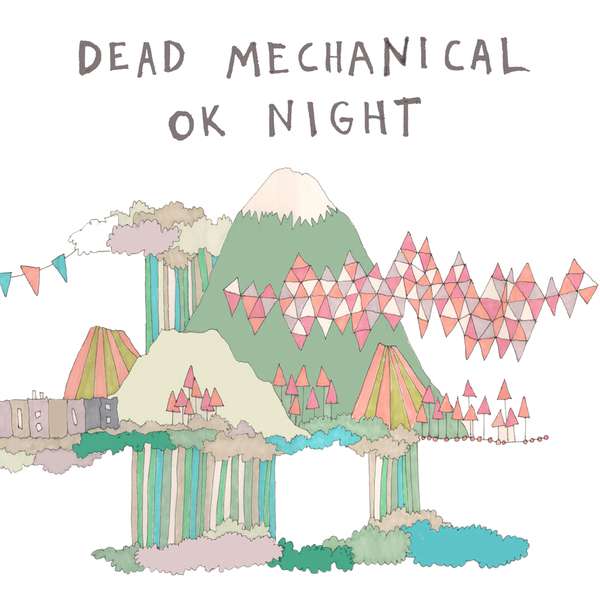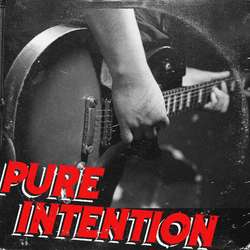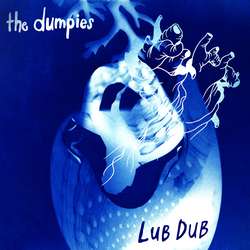Dead Mechanical is one of those mid-tempo punk bands, built on life’s grimy surfaces and reflecting that tone of rough-and-tumble, down-and-out luck. The music fits this tone, drudging, cursing, and lamenting, striving for a blend of catharsis and transcendence. OK Night is their third full-length and its title just screams of that blunted worldview, neither positive nor negative.
The onesheet namedrops influences of Jawbreaker and Superchunk and I definitely see more of the former than the latter. It’s world-weary and carefully constructed punk rock with a heavy focus on lyricism that moves it to the next level. While it’s not my first introduction to the band, it’s the first full-length I’ve heard and it feels in tune with their output on previous EPs. The distinction comes largely from Lucas Carscadden’s voice, which is unique with a rough sensibility that sounds almost like screaming even at the slowest moments on the record, shredding his vocal chords to express the point. There’s not much variation to his voice as the records progresses, but he works within his means to keep the sounds different as fitting with the rhythms, really ripping that larynx raw in “Last Summer.” The tunes are guitar heavy, with an anguished tone that matches the vocals’ pitch well. When the tone gets a little more introspective in songs like “Into a Wall,” the vocals also switch gear into an easier, steadier flow, often courtesy of drummer Matt Dorsey. In other words, the band is well suited together, playing off one another’s strengths and really focusing each song on a single tonal achievement rather than spreading layer upon layer to create a complex microcosm.
While Dead Mechanical can hit hard, it takes until the latter third of the record to really offer that gut punch, especially in the form of “My Young Family,” which blends a hooky melody with start/stop rhythm that accentuates the rest of the song, bringing the lyrics more into focus over the melodic backdrop. It’s effective and touching, and it seems to give an extra kick to the remainder of the record. Following it with the faster running “How the Day Runs Down” is a great sequencing move. This song has something of an old I Spy feel, and the forward-charge drums add a sense of urgency.
While the early songs are generally strong, it takes a while to really hit stride. The latter third gives the record a second wind and it leaves on a positive charge; one that, if maintained across the board, would have turned a solid album into a really good one, perhaps on par with Rumspringer’s Stay Afloat.





